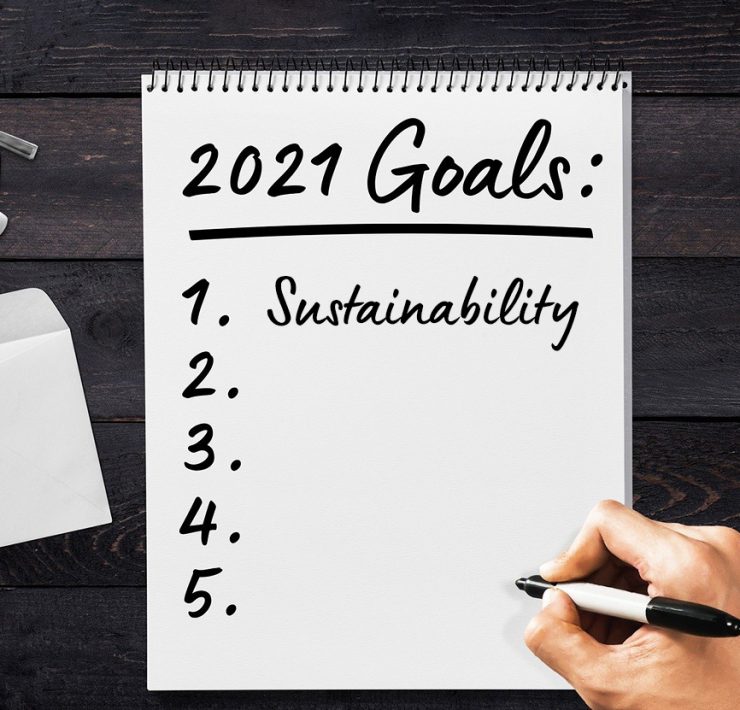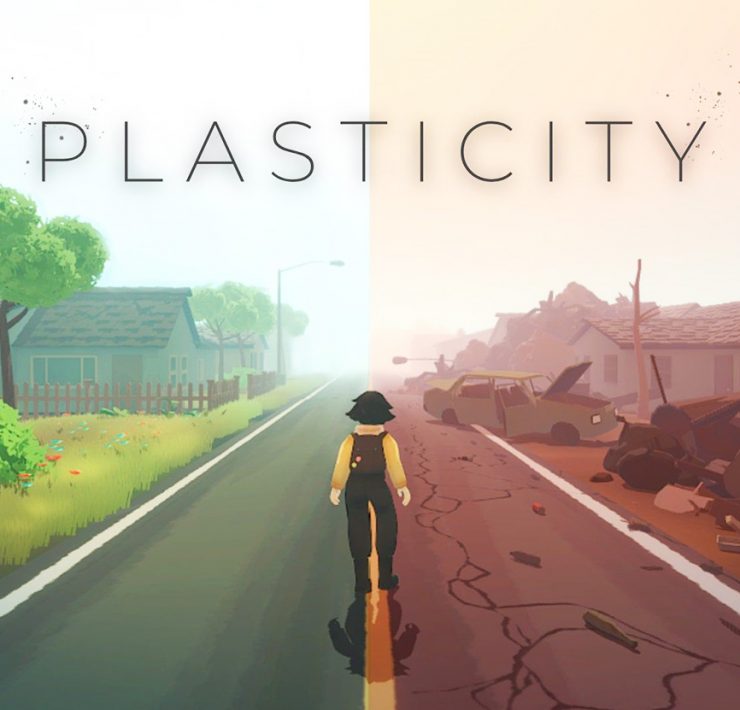How to speak to a climate change skeptic
- Despite the melting icebergs and plastic-laden fish bellies, there are those who diss the environmental talk. Talk back, smartly

We’re a team that is unlearning modern-day, convenient living to…
Among the many things that define our era, outrage is one. We’ve all been part of dinner table conversations that have gone from 0 to 360 before dessert arrives. And this pales in comparison to the adrenaline running through a social media thread where total strangers engage in arguments that could lead to a dramatic food fight if taken offline.

In this atmosphere of heightened opinion, broaching any topic could be potential trouble, let alone those measured with a moral compass or one’s sense of awareness. And therefore, discussing the environment with a skeptic calls for much thought and restraint. Who falls under the category? The Internet broadly describes environmental skepticism as the belief that claims made by environmentalists are either false or exaggerated. In short, those who do not acknowledge the gravity of environmental degradation or don’t like the talk around it. But talk we must.
Here are a few ways to address the elephant in the room without the risk of being trampled by it:
- Be nice, nobody likes a smart a**
It is very easy to slip into a self-righteous mode when talking about the environment. No matter what your insights, no one likes a patronizing tone. Share your views as ‘views’ and support your arguments by quoting statistics generously, but without taking a moral high ground.
- Don’t use the word ‘climate change’ or ‘global warming’
Even though this is the exact point you’re trying to make, words such as these make the conversation either too academic or just heavy-duty. It may also nudge the skeptics to dismiss it at the start. Use common words such as pollution, air quality, garbage, waste etc to make it more relatable.
- Remember, it’s not a fight
It’s tough not to roll your eyes when someone dismisses environmental concerns despite dead fish washing up on the shores with bellies full of plastic or mangroves being wiped out. But be an adult about it. Bite your lip and continue the conversation by quoting facts that hit home. Our motive is to sensitize people, not alienate them.
- Invite them to a neighborhood clean-up effort
There are many citizen groups that engage in beach clean-ups, mangrove clean-ups, lake clean-ups etc. Witnessing the extent of degradation helps sensitize a person towards the environment.
- Make it relatable
Sometimes it is easier to sympathise with a problem that has direct consequences. So find a way to speak about it in a way that makes it a local problem. Speak about issues that affect the community, locality etc.
- Don’t go over the dark side
As much as we’d like people to panic and take strong measures, making it seem like a lost cause may not give one the incentive to care. Suggest ways in which we can do little things that matter and make the conversation more inclusive and hopeful.
Ethico India podcast link: https://open.spotify.com/show/0Vb9kpUhYRil8f3F7lhRhh
We’re a team that is unlearning modern-day, convenient living to be able to lead an environmentally ethical life, and in the process sharing our insights with our readers.







